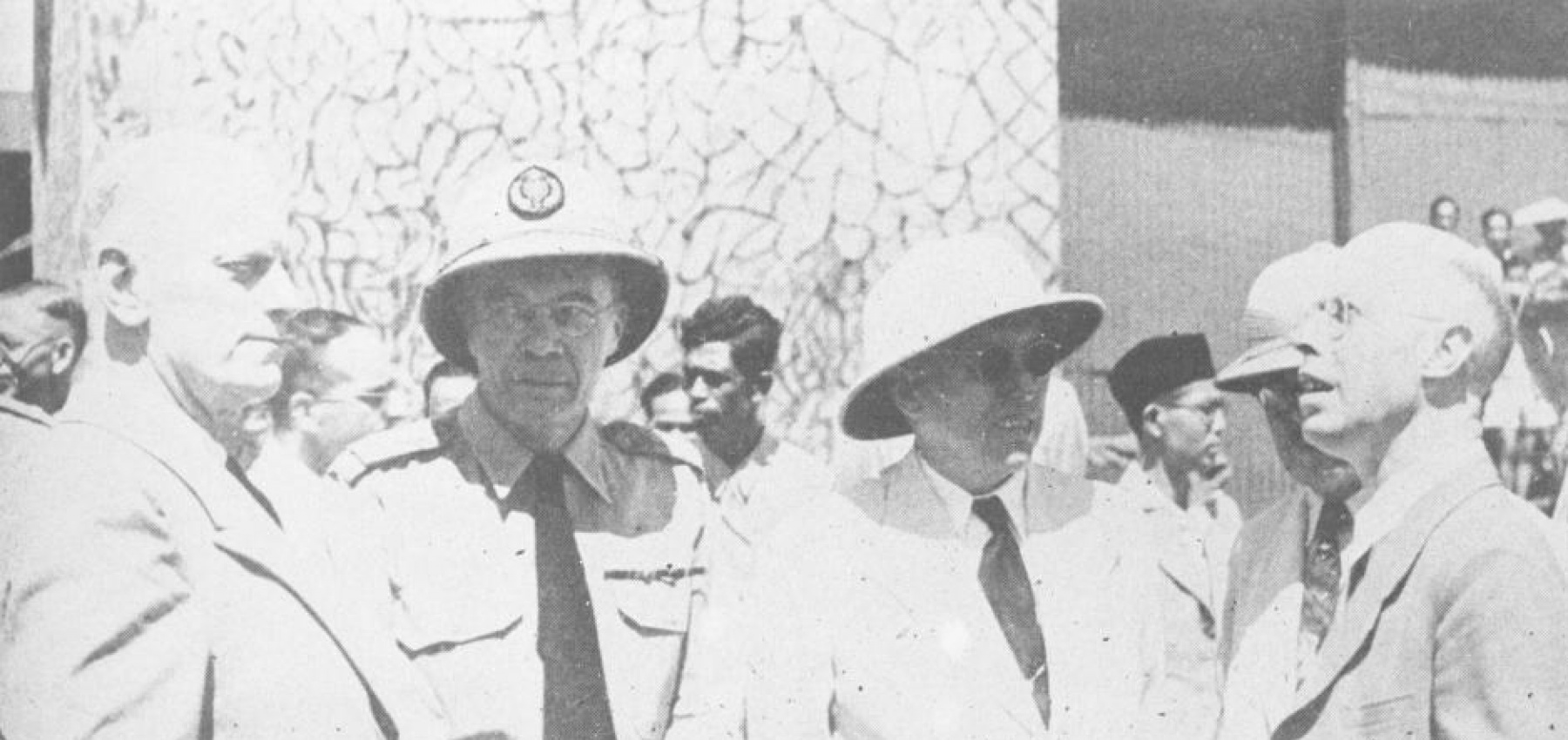This project investigates how political and administrative processes shaped the way in which the Dutch side has dealt with the issue of extreme violence as an endemic aspect of the Dutch-Indonesian war of decolonization and independence. The general question is how between 1945 and 1949 extreme violence against Indonesians could be tolerated, and even stimulated, as acceptable instruments for political purposes. The obvious development of a ‘war culture’ poses more specific questions about the actual impact in this respect of three key elements: management of streams of information, the structures of accountability, and the search for public support for the war. It will also be important to find out how the administrative structures, practices, and mentalities have influenced the acceptance (or rejection) of mass violence. Did colonial conditions produce a different attitude towards violence?
This project concerns both the metropole and the colony; the colonial capital Batavia (Jakarta) is the administrative and military hub where many lines of decision making and streams of information came together. The Dutch perspective will primarily focus on the Dutch political community, its institutions, and constituency. It raises questions about how politicians, civil servants, and civil society as a whole related to the Indonesian war, which choices they made to gather relevant information, and how they used, shared, and manipulated such information. The crucial question is in how far, and why the many different stakeholders were prepared, or not, to tolerate, accept, and/or deploy transgressive mass violence, in particular employed by their own troops. The East-Indies perspective raises the question of to what extent the colonial administration has taken responsibility for using, or restraining, the extremely high levels of violence by their own troops. How did these authorities account for their responsibility towards the many different communities within the colonial society? How did the interaction work between the administrative, military and judicial authorities within the colony? How did the channels of information between these authorities and The Hague work and which information came through, was withheld, or distorted?






